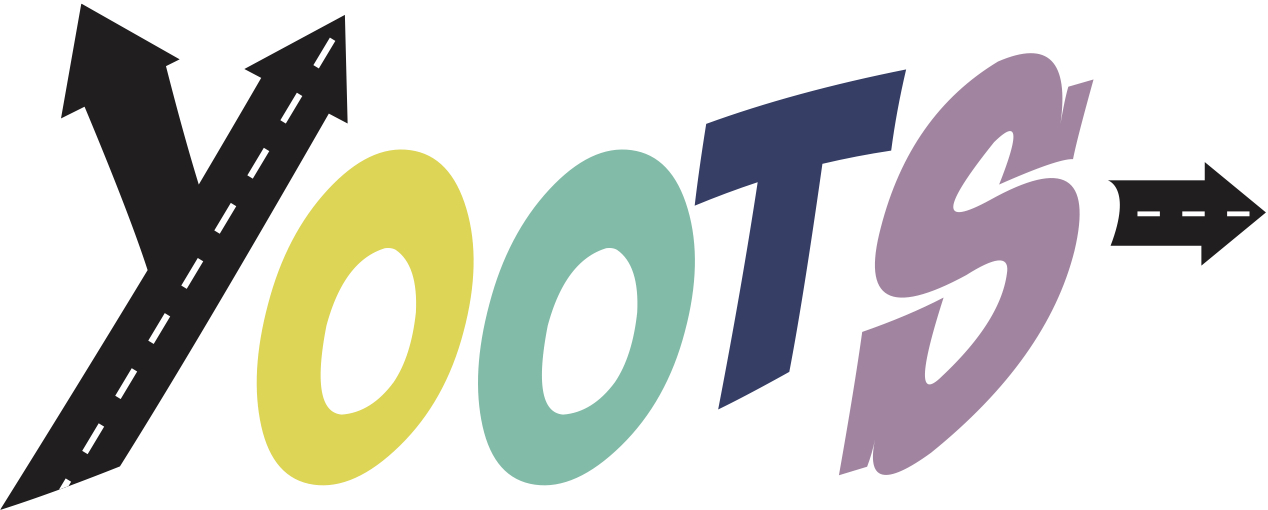
Yoots-Richmond Outdoors Coalition Community Needs Assessment
Contact
Clean Mobility Options Voucher Pilot Program
Community Transportation Needs Assessment
Youth Transportation Organization (Yoots) | Yoots-Richmond Outdoors Coalition Community Transportation Needs Assessment

February 2021 – November 2021
Final Report
Project Details
Through this needs assessment effort, Yoots used focus groups and resident surveys to engage youth, their parents and guardians, community members, and local CBOs. Additional efforts focused on youth, families with children without personal vehicles, women-headed households, Spanish speaking, households with incomes under $30,000, Latinx families, and undocumented populations without driver licenses. Youth community leaders were hired to provide feedback on surveys and do outreach for surveys and focus groups in English and Spanish. Yoots created a Richmond Outdoors Coalition (ROC) transportation action team, which will include participation from partner organizations. Lawrence Hall of Science will serve as an evaluation partner.
To learn more about project implementation, watch this video.
Project Highlights
- The survey and focus groups revealed strong support among community members for community-organized events to outdoor recreation activities and locations of interest. Survey participants were asked, “if local organizations offered free transportation to participate in their programming locally at locations like a state park and beach, would your family participate more frequently?” A staggering 88.5 percent of adult respondents and 72.2 percent of youth participants replied affirmatively.
- Throughout project planning, the project team participated in weekly discussions and professional learning sessions on the characteristics of white supremacy culture and antidotes to white supremacy that the project team could implement together. One of the characteristics of white supremacy culture that the project team worked to combat in conducting this needs assessment is the idea of “quantity over quality.” The project team felt very strongly that it was more important to collect information from the right people (emphasize “quality”), rather than simply collect surveys from the largest possible number of people (“quantity”) irrespective of whether these participants represented the Focus Communities.
Lessons Learned
- Findings from online research, survey, and focus groups illustrate the importance of solutions being low or no-cost to users, safe, and time-efficient.
- Participants also expressed the need for any solutions to be accessible: available to all community members, usable to individuals with limited mobility, and well-advertised.
Funding Details
Voucher Total: $50,000
By the Numbers
Community Engagement Activities
- 3 Virtual focus groups
- 194 Survey responses
- A Series of individual interviews
Estimated Quantifiable Benefits
- Direct Jobs: 1
- Indirect Jobs: 1
- Induced Jobs: 1
Community Details
The project focuses on Richmond and North Richmond. This community suffers from a critical lack of access to healthy, green, public spaces. The proximity to industries like Port of Richmond, BNSF railroad, as well as the heavy vehicle traffic on the freeways and roads, contribute to high levels of air pollution. These neighborhoods also lack adequate public infrastructure and residents have less access to public transportation networks, and have few safe bicycle and pedestrian pathways. A high percentage of the residents in the census tracts of our project area live below the poverty line and there are high levels of unemployment. This community suffers from a critical lack of access to healthy, green, public spaces. During initial conversations with local organizations that offer youth and family programming, they reported that transportation is the single biggest operational barrier they face in being able to provide a full range of program options.
Community Benefits
This needs assessment will explore ways to help youth and families, and the organizations that serve them, to address transportation as a barrier to accessing services and programs, and will contribute towards finding ways to eliminate transportation as a barrier to equity. Yoots will better understand how people currently travel, what modes of transportation are used to access different destinations, and what destinations people would like to travel to, but cannot access due to gaps in transportation choices. Youth voices are not often represented in infrastructure planning processes, so this is another unique aspect of the assessment. Yoots recognize youth and adults have differing and multiple perspectives for how they use transportation and will focus on youth engagement and incorporate this into the community assessment tools.
Outreach & Engagement Strategies
- Student / youth workers
- Focus groups
- Youth & adult-focused surveys
- Phone survey
- Gift incentives
- Social media
- Bilingual outreach
- Transportation action team
Target Populations
- Youth (< age 25)
- No access to personal vehicles
- Women-headed households
- Spanish speakers
- Low-income
- Latinx
- Undocumented
Partnership Structure
Voucher Recipient
Youth Transportation Organization (Yoots) is a non-profit organization founded in 2016 with the vision of eliminating transportation as a barrier to equity for low- income and underrepresented youth. Yoots operates in the San Francisco Bay area and is committed to finding innovative solutions to address the transportation gap faced by many Title 1 schools, non-profits, health providers and other youth-serving organizations in bringing participants to their programs.
Project Partners
- Inclusion Outdoors
- Rich City Rides
- Richmond Outdoors Coalition
- The Lawrence Hall of Science
- The Watershed Project
- YES Nature to Neighborhoods
